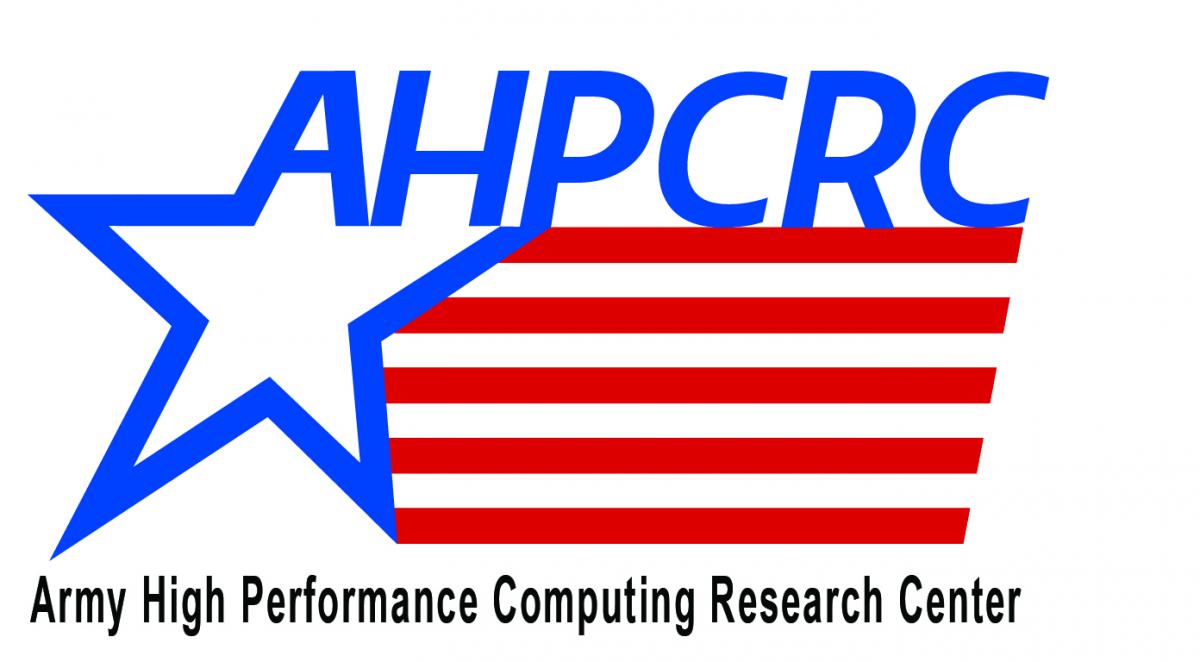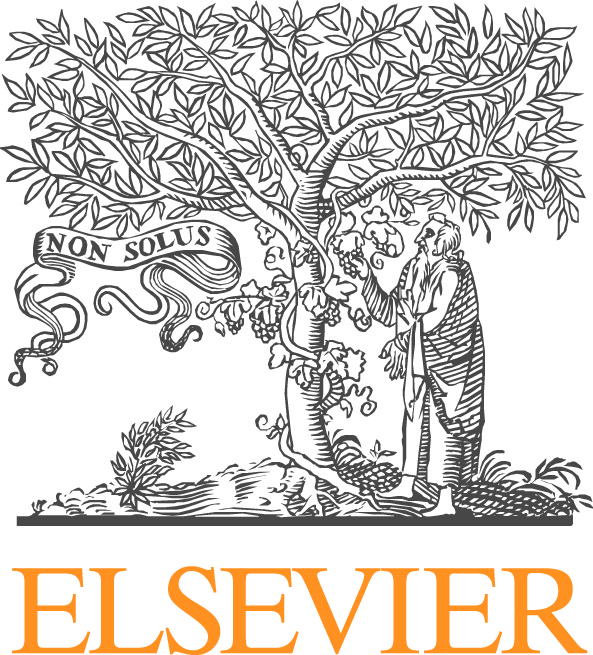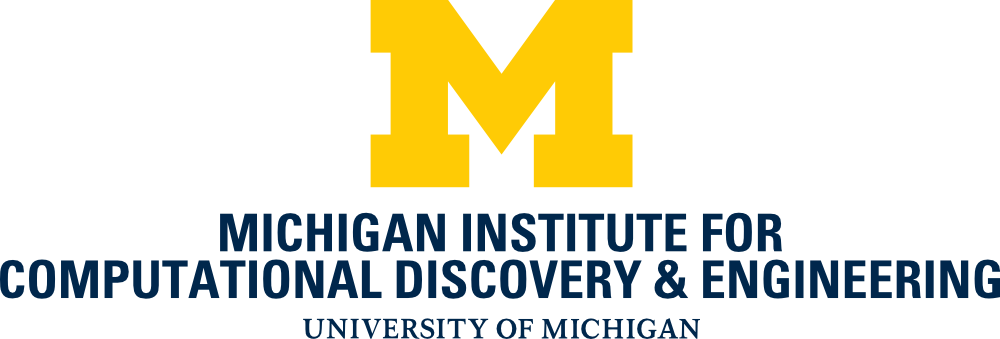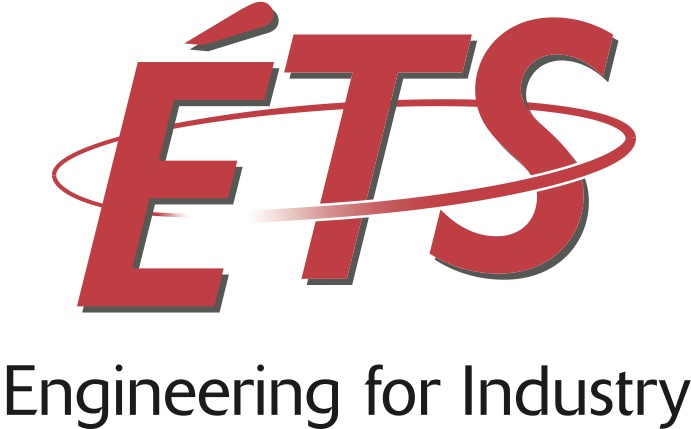Derivative-Free Methods for Inverse Problems
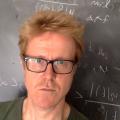
Andrew Stuart
California Institute of Technology
Tuesday, July 18, 9:00 am
Abstract:
Many problems in the sciences and engineering require the determination of an unknown field (the parameter) from a finite set of indirect measurements. Examples include carbon sequestration, hydrology, oceanography and weather forecasting. At the heart of most formulations is a least squares functional measuring the model output mismatch with the data. To avoid over-fitting, minimization of this mismatch needs to be regularized. I will describe a set of algorithms which address this issue in contexts where the derivative of the parameter to output map is not readily available. In particular I will demonstrate that ideas from the Ensemble Kalman Filter (EnKF) can be adapted to solve such problems: by running multiple interacting copies of the model, and exposing their output to the data, a derivative-free minimization tool is constructed. The EnKF is essentially an optimzation method, despite the original motivation based on Kaman filtering. I will also discuss fully Bayesian inversion, again using derivative-free algorithms, in which a gradient is induced through a Metropolis accept-reject mechanism. Examples including the study of model inadequacy in RANS models of turbulence, and parameter estimation in the human glucose-insulin system, will be used to illustrate the ideas.
Biography:
Andrew Stuart is interested in how the current era of data acquisition interacts with centuries of human intellectual development of mathematical models that describe the world around us. As an applied mathematician in the Division of Engineering and Applied Science (EAS), he generates the mathematical and algorithmic frameworks that allow researchers to interface data with mathematical models. His work is informed by—and has applications for—diverse arenas such as weather prediction, carbon sequestration, personalized medicine, and crowd forecasting. Originally from London, Stuart earned his bachelor's degree at Bristol University and then a combined master's/PhD at Oxford University. He worked as a postdoc at MIT in the late '80s, as a lecturer at the University of Bath in England from 1989 to 1992, and then as professor at Stanford University and the University of Warwick in England. He relocated to Southern California this summer.


